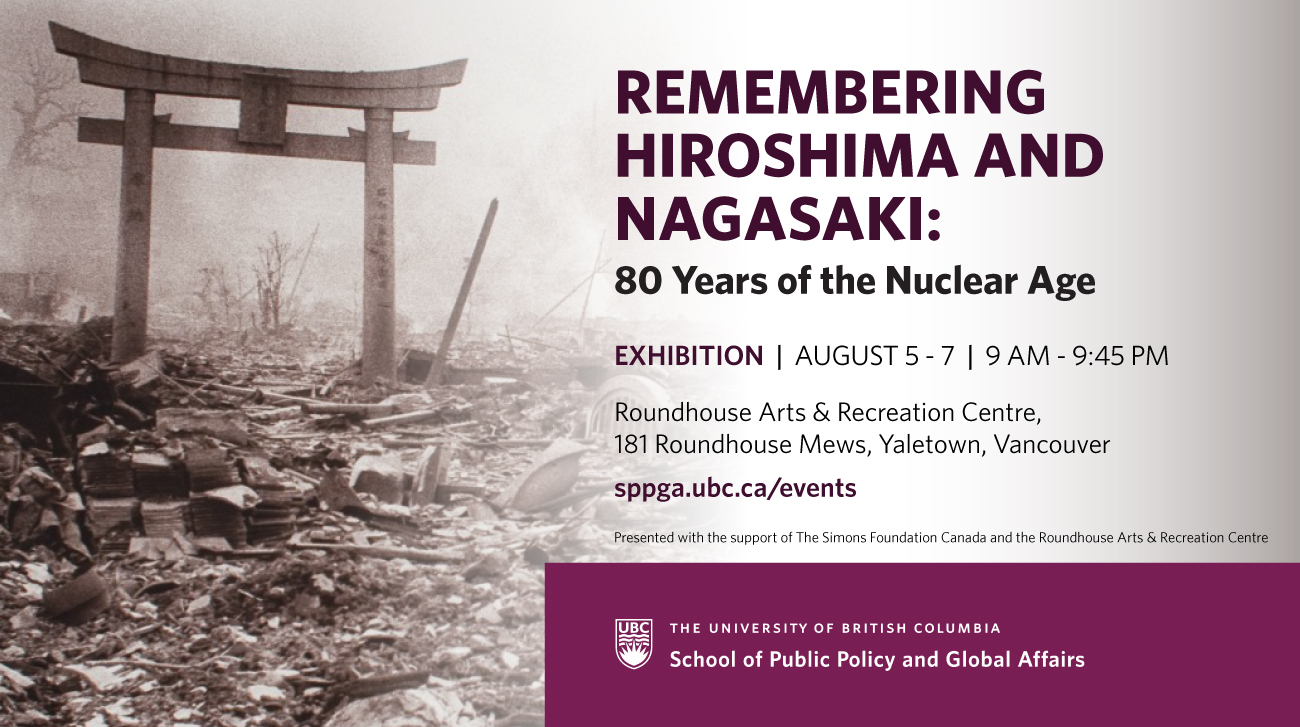

Kornel Chang will be giving a talk based on his new book, A Fractured Liberation: Korea under U.S. Occupation. With the collapse of the Japanese Empire in August 1945, the Korean peninsula erupted with hopes that had been bottled up for nearly forty years. A Fractured Liberation tells the story of how Koreans—from political leaders and activists to ordinary peasants, workers, and women—experienced the shock of liberation, what they thought it might bring, the great expectations, and the opportunities and challenges they faced as a newly emancipated people. The book also looks at how the entry of American forces complicated, and ultimately, narrowed possibilities for liberation. U.S. officials fought over how to best fulfill Korean aspirations and how they should be prioritized among competing objectives in Korea. An eclectic group of American and Korean reformers—New Deal liberals, Christian socialists, and trade unionists—proposed an agenda of democratization and reform as an alternative to the rigid anti-communism of the military high command. Their stories reveal the paths not taken. In telling them, A Fractured Liberation restores contingency to a narrative that looks ahead to war and division as an inevitable endpoint.
About the Author:
Kornel Chang is Associate Professor of History and American Studies and Chair of the History Department at Rutgers University-Newark. His first book Pacific Connections: The Making of the U.S.-Canadian Borderlands is a history of Asian migration to the Pacific Northwest, revealing how their movements sparked some of the first battles over territorial boundaries in North America. It won the Association for Asian American Studies History Book Prize and was a finalist for the John Hope Franklin Book Prize. His second book, A Fractured Liberation: Korea under U.S. Occupation, recently published by Belknap Press of Harvard University Press, is a narrative history of southern Korea in the aftermath of World War II, when the collapse of the Japanese Empire ushered in an extraordinary moment of promise and possibility that was foreclosed by foreign military occupations.

